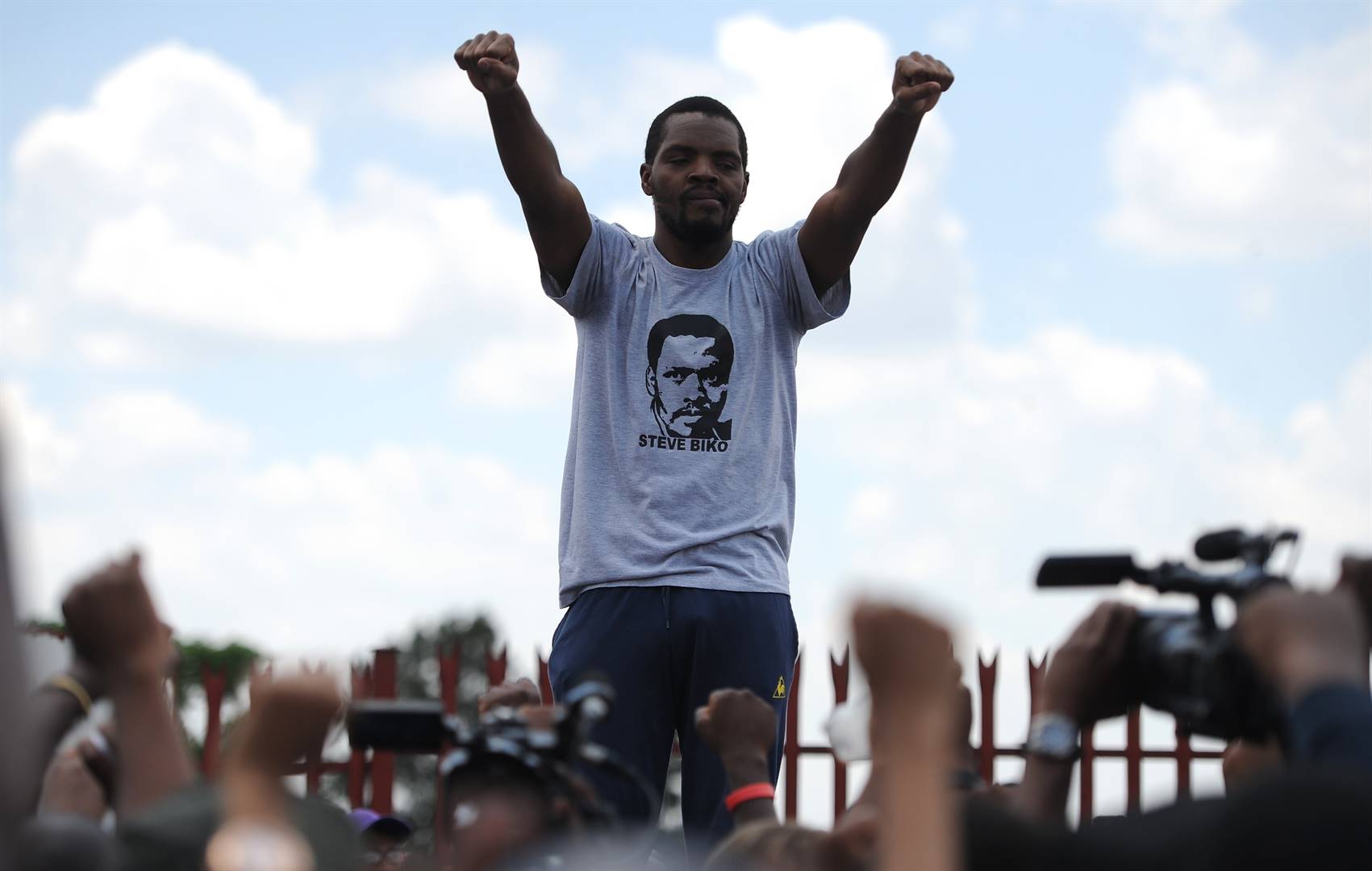
It is quite obvious that to get the correct answers one has to ask the correct questions and often the correct questions are difficult questions.
They are uncomfortable and they do not have ready-made solutions; they require critical engagement.
The last couple of weeks I have been thinking about how useless the law has been in helping us engineer the social conditions we aspire towards.
For a long time we have been made to accept that the Constitution, judiciary and all other instruments of the law will be enough to safeguard and realise the promised freedom.
But has this been the case? How far has the law of our country taken us or how has it contributed to bettering our conditions?
Maybe if we begin to answer these questions honestly without being clouded by the liberal sentiments of a “new South Africa” we will be able to answer the big question: how useless is the law and in particular the courts to black people “post”-apartheid?
Before I am accused of howling like many do when they do not have responses to the questions we raise let me put a couple of things out there.
As a law student I am quite aware of the transformative potentialities that the law presents.
I am aware that if applied, interpreted and reformed correctly it could play a crucial role in our fight for freedom.
As jurists we need to question, engage and think seriously with law in order to find the ways of making it serve the purposes which it claims.
This is why the question of transformation and decolonisation becomes a central one.
Let me remind you that not so long ago the very same law was used to imprison people who wanted nothing more than to move freely in their country of birth.
This law was used to dispossess people of their land where their forefathers were buried. This very same law was used to deny an entire race their humanness.
I mention all these things to reiterate the undisputable fact that the law is drafted by the people.
Where it no longer serves their interests it is upon them to change it.
Of course one would be tempted to argue that the days of apartheid are long gone and we have been ushered into a new dispensation; a democratic dispensation that has the Constitution as its anchor.
This might be true but beyond being a world renowned literary achievement, what has our Constitution done and what has it failed to do?
In this piece I want to focus on the latter question because in the media, in our classrooms and even by our government we are always told what our Constitution has done, not what it has failed to do.
When I speak about the Constitution here I am speaking in broad terms. I am also including the judiciary as the interpreters of the text.
The Constitution, which guarantees a number of things, has been useless in addressing the land question, in addressing the economic imbalances and in ushering justice for black people.
The majority of land is still owned by whites, the economy is still in white hands and blacks are still subjected to survival in the most dehumanising conditions.
I am aware that the judiciary is not the only arm of government and that all arms of government should be working together to better the conditions of the people.
The executive and the legislature have also not done much.
In fact many might argue that some of the more imminent challenges that we face such as service delivery and corruption are due to the ineptness of the executive and the legislature.
But what boggles my mind is that if all arms of government enjoy equal importance then why has there been such an over-reliance on the courts?
In this over-reliance who have the courts supported and whose interests have they advanced?
Let us think about the recent issue relating to the Public Protector, Advocate Busisiwe Mkhwebane (which I have recently written at length about).
What has been the response of the courts? Has it not been a hostile one?
There are many instances such as this and that is why there have been numerous calls for transformation and decolonisation.
There is still much that needs to be done so that our legal system reflects and represents in an unbiased way the interests of all those who live in the country.
Before I digress too much, what this piece begs of us is to think about the real and not imagined potentialities and possibilities that the law gives us.
I want us to think not so much what it has done for us but also what it has failed to do for us.
It cannot be that the law always promises us meat but only gives us the bone. That is something that should never be celebrated.
Political philosopher Frantz Fanon left us with an important lesson that we should never forget: “O my body, make of me a man that always questions.”
Dlamini is a Fees Must Fall activist




 Publications
Publications
 Partners
Partners








